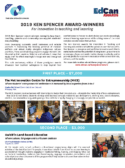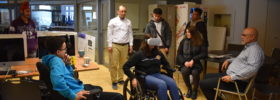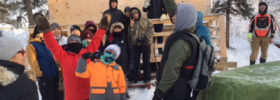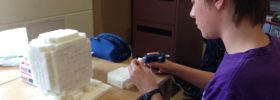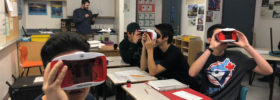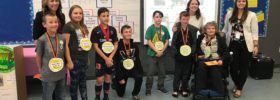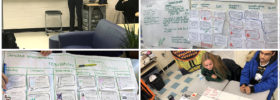Recognizing Innovation in Teaching and Learning
The EdCan Network is proud to share summaries from the seven Ken Spencer Award winners. From developing successful small businesses and sellable products, to harnessing the learning potential of museum artifacts and virtual reality alongside Indigenous cultural practices, these award-winning programs engage students into discovering their passions, histories and cultures in ways that equip them to effect meaningful change now and throughout their lifetime.
The Ken Spencer Awards for Innovation in Teaching and Learning was established with the generous contributions of Dr. Ken Spencer to recognize and publicize innovative work that is sustainable and has the potential of being taken up by others; to encourage a focus on transformative change in schools; and to provide profile for classroom innovation within school districts, schools, and the media.
Dr. Ken Spencer is a former Director of the Canadian Education Association (CEA) and retired CEO and co-founder of Creo Products. In 2011, he was inducted as a business laureate of the British Columbia Hall of Fame. Since 2009, he has generously donated the financial awards for the Ken Spencer Award for Innovation in Teaching and Learning.
Check out our award-winning programs from 2019 (1.33 MB / pdf)
Learn more about the seven Ken Spencer Award winners.
Download
